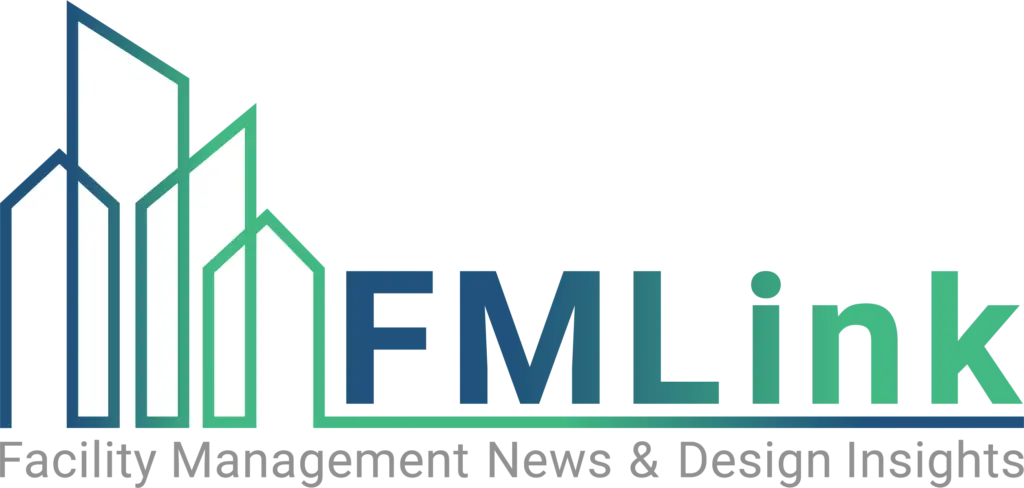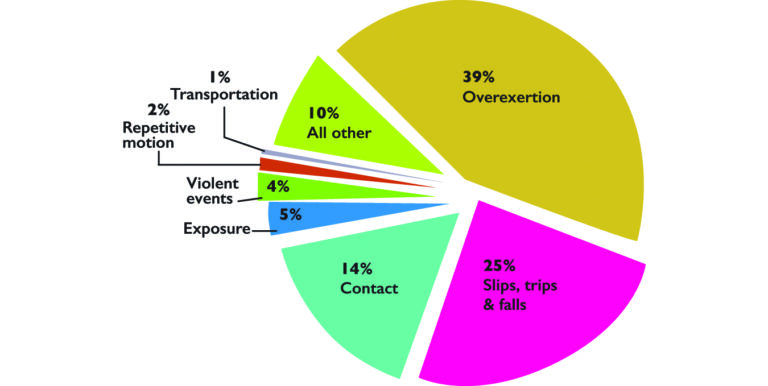June 15, 2011—IBM recently announced the launch of its Intelligent Building Management software that applies IBM’s advanced analytics and automation software to make sense of buildings’ data. With the most comprehensive view of energy and facility operations, the software provides insights into the real-time operations of buildings and flags potential maintenance issues to improve equipment management and reliability.
The IBM Intelligent Building Management software links with leading building-management systems such as Johnson Controls Metasys and Siemens APOGEE software and will be integrated with Schneider Electric on July 1, and other systems this year. This product is sold by IBM direct sales as well as authorized Tivoli resellers, and has general availability this month. IBM Global Business Services provides consulting and implementation services for the IBM Intelligent Building Management software. The product aligns with IBM’s Integration Service Management offerings, which deliver visibility, control and automation across the enterprise.
Recently, at IBM’s Smarter Buildings Forum at the Metropolitan Museum of Art in New York, IBM spotlighted three new projects that show the potential of this emerging smarter buildings innovation, including a project with Tulane University’s School of Architecture.
Like many century-old buildings, the home of Tulane’s School of Architecture, Richardson Memorial Hall, has heating, cooling, wiring and water equipment that was installed when the energy requirements were only a fraction of today’s computer- and cooling-intensive environment. The IBM project will bring together building technology for heating, cooling, lighting and water to act in a more holistic fashion for better results. The building will have intelligence to monitor itself and communicate how it should be most efficiently operated, significantly reducing the natural resources it currently uses.
The architecture students will get a first-hand opportunity to experiment on how air temperature, humidity, water temperature and other parameters affect the quality of comfort in the rooms as they aim to minimize the consumption of natural resources. Along with IBM, they will work in a cross-discipline team of FM, IT staff and partners such as Johnson Controls to create best practices that can be applied across campus and nationally.




